There are four different hand-operated BioPulverizer for quickly pulverizing 10 mg to 10 g of frozen tissue.
Cat. No. 59012N, BioPulverizer, capacity 10-100mg
Cat. No. 59013N, BioPulverizer, capacity 0.1-1g
Cat. No. 59014N, BioPulverizer, capacity 1-10g
Cat. No. 59012MS, MultiSample BioPulverizer, 12 wells, capacity 10-100mg per well*
*Twelve pestles are included with each 59012MS.
Product Description
The BioPulverizer reduces tissue hard-frozen in liquid nitrogen to a fine powder. Because of the high water content, most fresh tissue becomes as brittle as glass at liquid nitrogen temperatures. A sharp blow with a hammer will shatter it into tiny pieces. Called freeze-fracturing or cryopulverization, the method is especially useful for preparing tough, fibrous tissues such as skin, cartilage, cornea, etc. for subsequent rapid cell disruption using other techniques. The Bio-Pulverizer consists of a hole machined in a stainless steel base into which fits a special piston, or pestle. In a typical procedure, up to 10 g of animal or plant tissue is hard-frozen in liquid nitrogen and placed in the pre-chilled BioPulverizer. The piston delivers a blow to the brittle tissue reducing it to powder. Freeze fracturing with the Bio-Pulverizer is also useful for extracting labile tissue metabolites.
How The BioPulverizer Works
Place the BioPulverizer in a shallow container and cool thoroughly with either liquid nitrogen (preferred) or a dry-ice/alcohol mixture (next best).
Place prefrozen tissue in the well of the mortar.
Remove the mortar from the shallow container, place it on the lab bench and pulverize the tissue with one or two blows to the pestle with the hammer. The mass of the stainless steel will preserve the cold long enough for you to complete your pulverization without adding additional liquid nitrogen.
Empty the powdered contents for subsequent homogenization or extraction procedures.




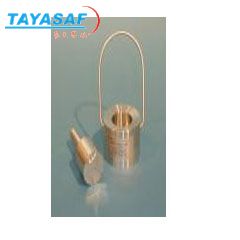





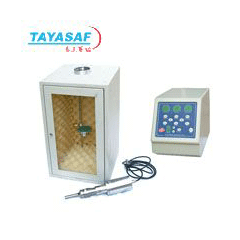 JD-1500超声波细胞粉碎机订货号:MM-04129-00
JD-1500超声波细胞粉碎机订货号:MM-04129-00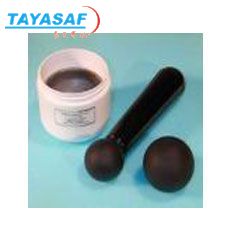 低温杯压碎机订货号:MM-01940-00
低温杯压碎机订货号:MM-01940-00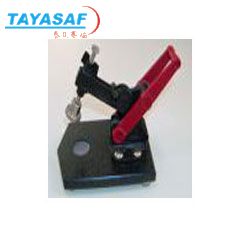 生物压榨机订货号:MM-01956-00
生物压榨机订货号:MM-01956-00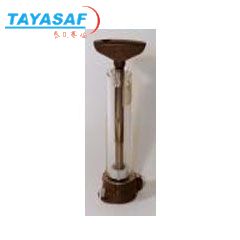 组织压制机订货号:MM-01992-00
组织压制机订货号:MM-01992-00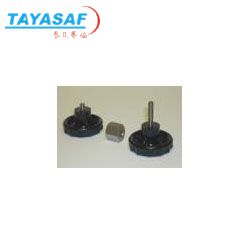 微型低温压碎机订货号:MM-01936-00
微型低温压碎机订货号:MM-01936-00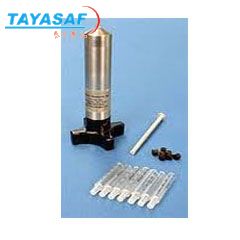 微型粉碎机订货号:MM-02186-00
微型粉碎机订货号:MM-02186-00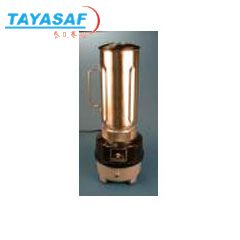 2升搅拌器订货号:MM-02264-00
2升搅拌器订货号:MM-02264-00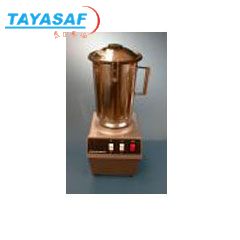 4升Hamilton Beach搅拌机订货号:MM-02282-00
4升Hamilton Beach搅拌机订货号:MM-02282-00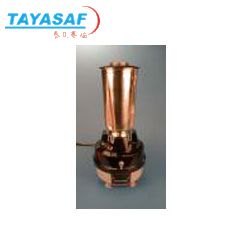 搅拌器订货号:MM-02247-00
搅拌器订货号:MM-02247-00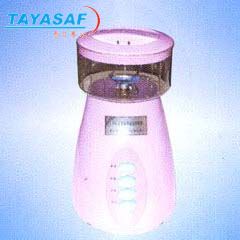 FK-B多用植物粉碎机订货号:MM-09860-00
FK-B多用植物粉碎机订货号:MM-09860-00

